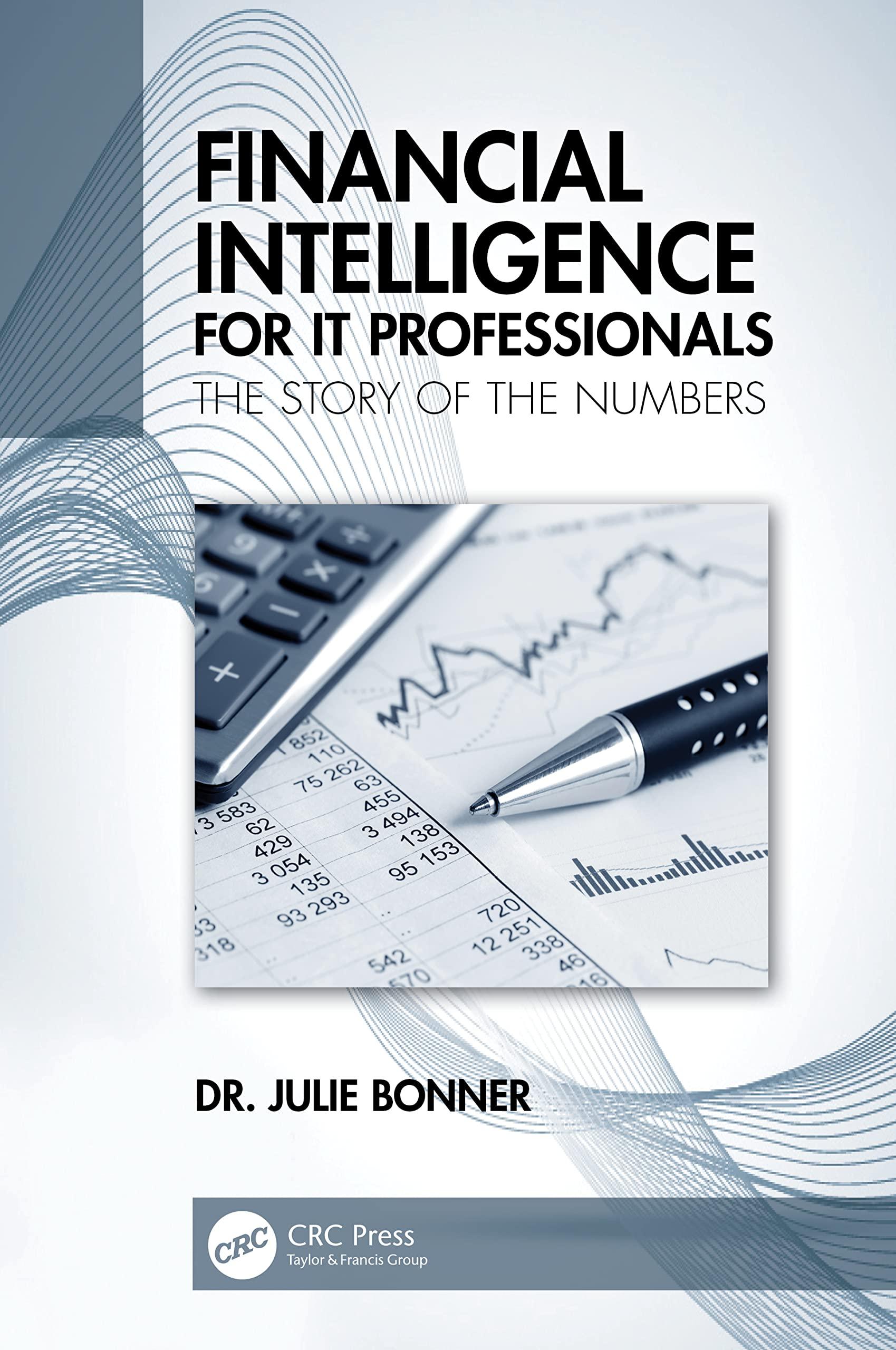Answered step by step
Verified Expert Solution
Question
1 Approved Answer
Do not answer if you're uncertain. (9 points) William Murdoch has a savings account earning a nominal annual interest rate of 5% compounded monthly. a)

Do not answer if you're uncertain.
(9 points) William Murdoch has a savings account earning a nominal annual interest rate of 5% compounded monthly. a) Starting in 1883, Murdoch deposits a certain amount into his account on December 31 of every year. On December 31, 1883, he deposited $132, and he increased the amount deposited by 4% every year. What will his balance be immediately after the 30th deposit, on December 31, 1912? Answer = $ b) Suppose that starting on January 31, 1883, Murdoch deposited a certain amount into his account on the last day of every month (instead of a single deposit at the end of the year). In 1883, he deposited $11 at the end of every month. In the beginning of every subsequent year, Murdoch increased the amount of his monthly deposit by 4%. (For example, in 1884, he deposited $11.44 at the end of every month.) i. What will his balance be immediately after the 12th deposit, on December 31, 1883? Answer = $ ii. What will his balance be immediately after the 360th deposit, on December 31, 1912? Answer = $ Click for a hint Reformulate (b)(ii) as increasing annual deposits of the form you worked with in (a) with an initial deposit you found in (b)(i). (9 points) William Murdoch has a savings account earning a nominal annual interest rate of 5% compounded monthly. a) Starting in 1883, Murdoch deposits a certain amount into his account on December 31 of every year. On December 31, 1883, he deposited $132, and he increased the amount deposited by 4% every year. What will his balance be immediately after the 30th deposit, on December 31, 1912? Answer = $ b) Suppose that starting on January 31, 1883, Murdoch deposited a certain amount into his account on the last day of every month (instead of a single deposit at the end of the year). In 1883, he deposited $11 at the end of every month. In the beginning of every subsequent year, Murdoch increased the amount of his monthly deposit by 4%. (For example, in 1884, he deposited $11.44 at the end of every month.) i. What will his balance be immediately after the 12th deposit, on December 31, 1883? Answer = $ ii. What will his balance be immediately after the 360th deposit, on December 31, 1912? Answer = $ Click for a hint Reformulate (b)(ii) as increasing annual deposits of the form you worked with in (a) with an initial deposit you found in (b)(i)Step by Step Solution
There are 3 Steps involved in it
Step: 1

Get Instant Access to Expert-Tailored Solutions
See step-by-step solutions with expert insights and AI powered tools for academic success
Step: 2

Step: 3

Ace Your Homework with AI
Get the answers you need in no time with our AI-driven, step-by-step assistance
Get Started


